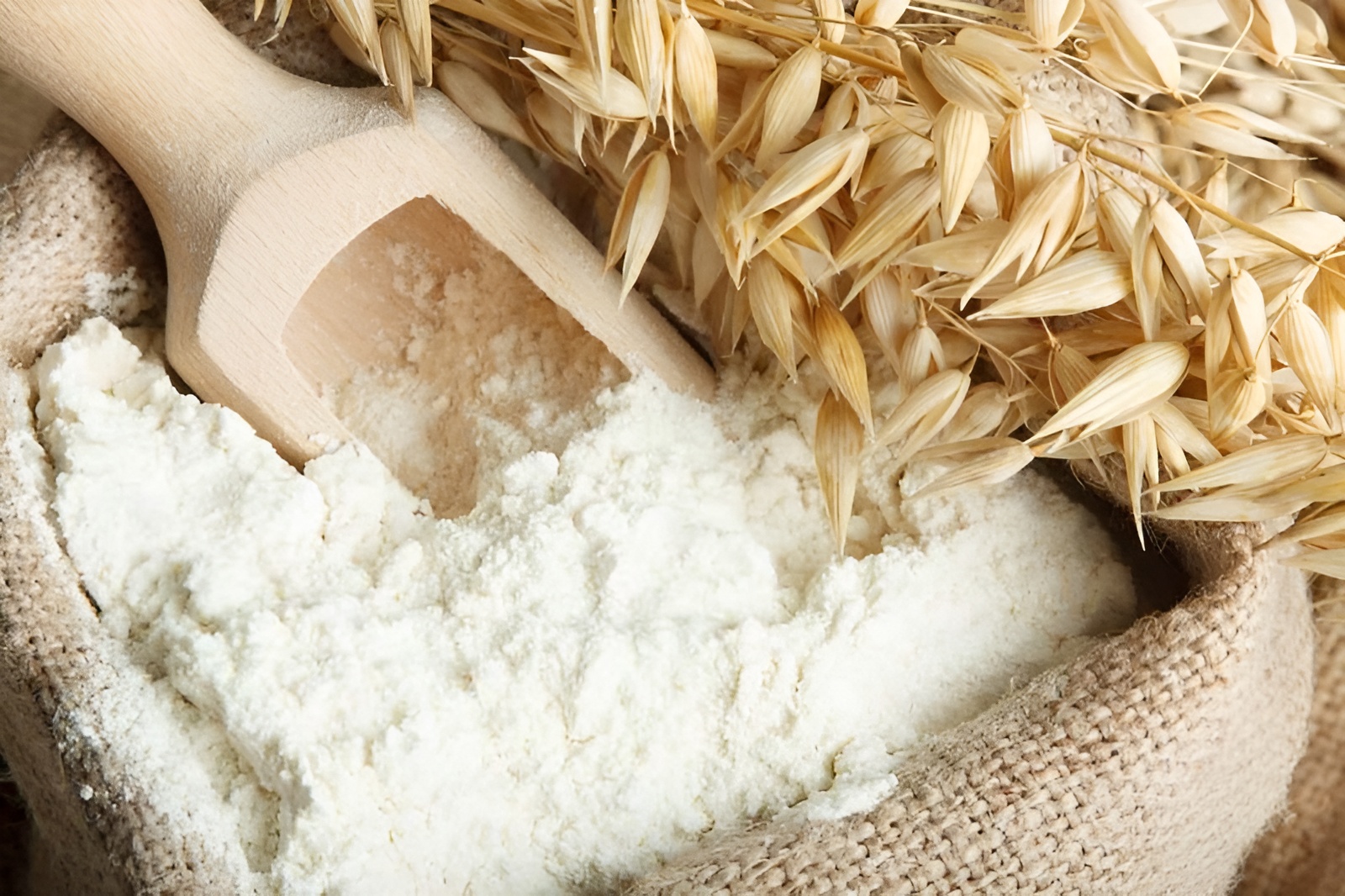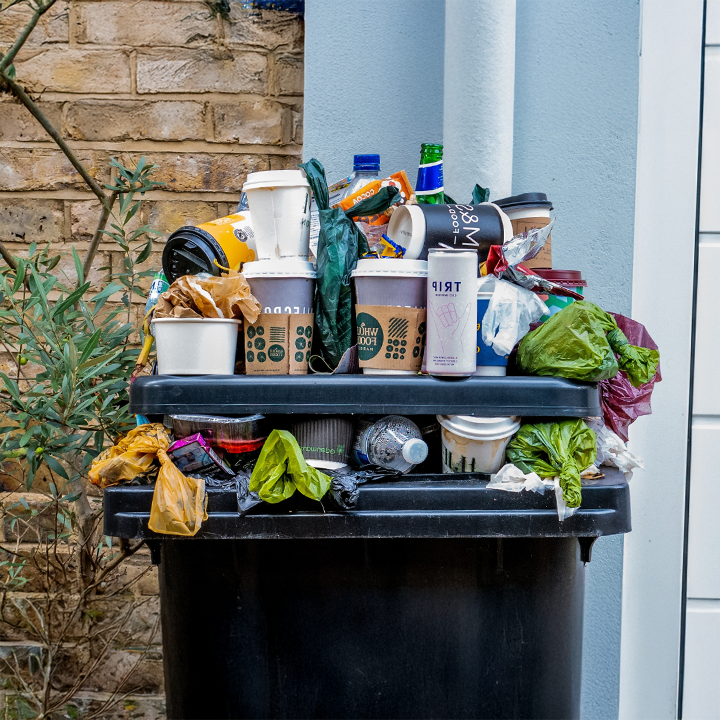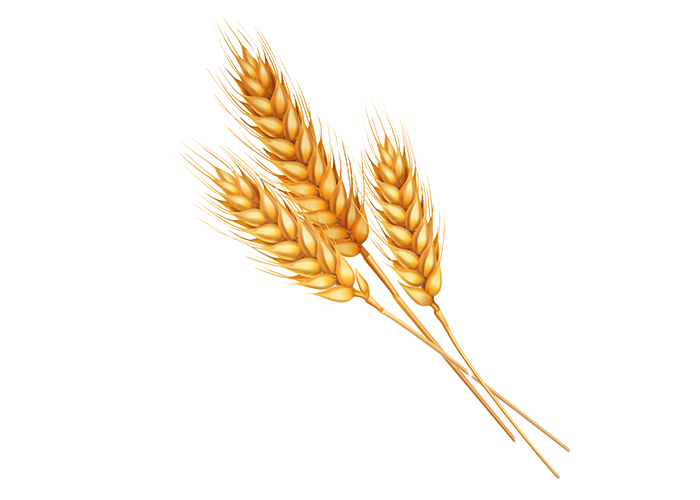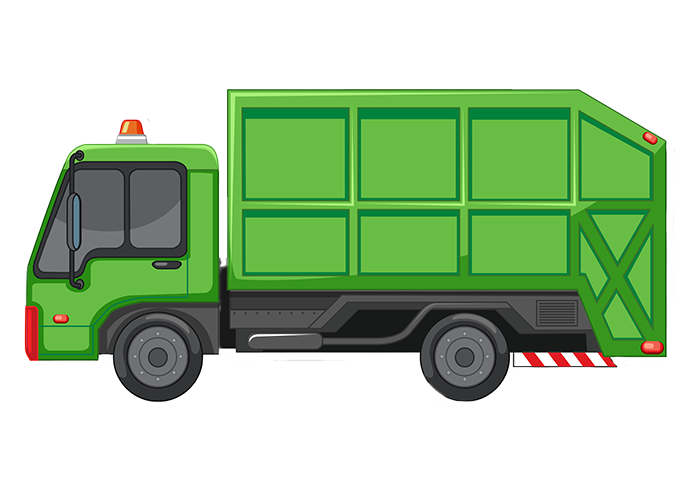
At Grinove Materials, we are creating a sustainable future by eliminating wood-based fibers in paper production. We are using the potential of agricultural by-products, turning them into valuable fiber sources.
Turning Waste into Value:
Agricultural Byproduct



1 Ton Grinove Materials Production
More Nature-Friendly Option:
Rapidly Renewable Resources
At Grinove, we use the agricultural byproducts of annual crops like wheat and barley as sustainable fiber sources, offering a nature-friendly alternative to traditional materials while promoting the use of rapidly renewable resources. Annual crops regenerate each year, ensuring a steady and nature-friendly supply of fibers with minimal environmental impact.
Our Innovative Fiber Technology
for Bio Raw Paper Production
At Grinove Materials, we are committed to shaping a more sustainable future by reducing the reliance on traditional wood-based fibers in paper production. Instead, we valorize agricultural byproducts, such as wheat, barley, and other crop residues, sourced from various agricultural processes like flour, malt, and grain production.

A More Renewable
Fiber Source
These renewable resources are more efficient and less environmentally demanding than wood fibers, which require large-scale land use and time to grow. By collaborating with industrial partners, we turn agricultural residues into high-quality fiber sources, offering a more sustainable alternative to traditional paper production.
Agricultural Plant Fibers | Three Fibers | |
|---|---|---|
Renewability | A year
| 10-30 Years
|
Water Consumption
| Low | High |
Physical Property
| Short and Thin
| Long and Strong
|
Toxic Chemical
| Free | Clor and etc.
|
Energy Consumption
| Low
| High |
Sources | Byproduct | Wood |
It is a Greener Alternative
to Wood Fibers
This approach supports the circular economy, using agricultural byproducts in a closed-loop system that reduces waste and maximizes resource efficiency. By integrating these renewable resources into our supply chain, we help conserve natural resources and minimize environmental impact. Compared to wood fibers, agricultural byproducts provide a more sustainable, scalable solution for the packaging industry, ensuring a greener, more responsible supply chain.
Addressing the Waste Management Challenges: Compostable
As Grinove Materials, we are aware that recycling alone is not enough to solve the waste problem. This is how we overcome the limitations of recycling with our compostable products.

The Recycling Myth
One of the major problems with traditional paper products is their accumulation in landfills. Although these products are recyclable, they often fail to enter the recycling flow due to contamination, lack of infrastructure or consumer habits. In addition, the quality of recyclables often decreases after repeated recycling loops, requiring a high consumption of energy and water.
Compostable
End-of-Life Solution
As Grinove Materials we offer home compostable raw materials. Our paper and cardboard-based raw materials are designed to decompose naturally with other organic waste, eliminating the need for complex recycling processes and preventing contamination issues from becoming a barrier to sustainability. Our product wastes, which are collected together with organic wastes in composting facilities, turn into fertilizer for the soil without leaving harmful residues behind.
>
>





Home Compostable Products | Recyclable Products | |
|---|---|---|
Environmental Impact | Organic Matter
| Landfill Waste
|
Contamination Risk
| No Risk
| High |
Energy Consumption
| Low | High |
Toxic Chemical Additive
| No Needs
| Needs
|
Time | A Month
| +10 Years
|